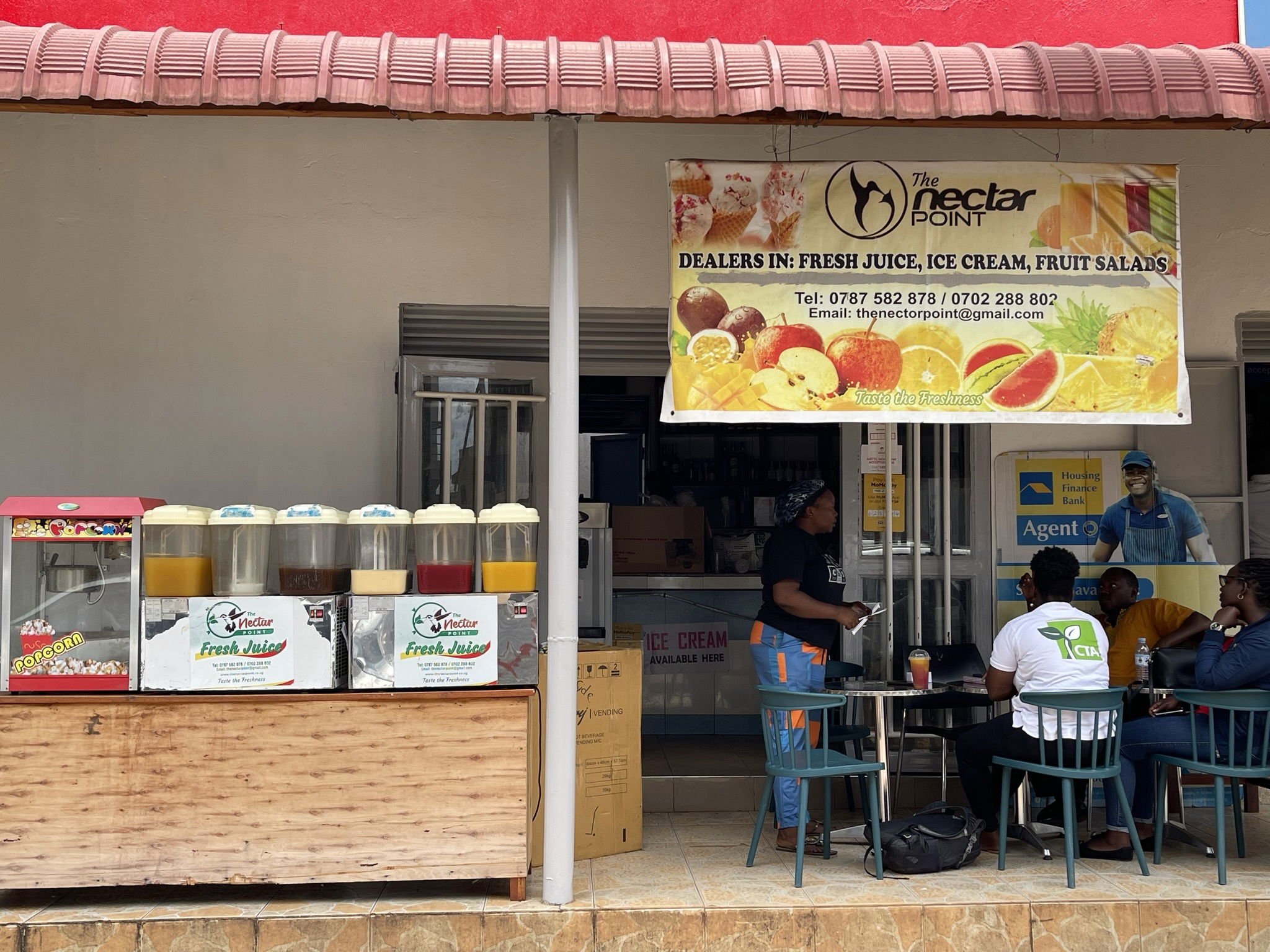Every year on 27th June, the world celebrates Micro, Small, and Medium-sized Enterprises (MSMEs) Day to honour their role in achieving the Sustainable Development Goals (SDGs). It is a day to showcase the inspiring success stories from the MSME sector, highlighting their achievements to inspire entrepreneurs, raise awareness, create role models, encourage further support for MSMEs, and appreciate them for their incredible impact on our economies and societies.
MSMEs significantly contribute to economic growth through job creation, driving innovation, fostering entrepreneurship, and empowering communities. According to the World Bank, Small and Medium-sized Enterprises (SMEs) account for about 90% of businesses, over 50% of employment worldwide, and up to 40% of emerging economies’ GDP. As new technologies and globalisation reduce the importance of economies of scale in many activities and larger firms downsize and outsource more functions, the potential contribution of smaller firms is enhanced (OECD, 2000). In addition, the digital revolution presents new opportunities for the growth of MSMEs. Digital technology has streamlined operations, enhanced productivity, and reduced costs for MSMEs, leveling the playing field with larger enterprises. For example, e-commerce, digital marketing, and social media have enabled small businesses to expand their markets beyond geographical boundaries to reach global audiences.
While MSMEs are vital engines for economic growth, they face numerous challenges ranging from limited access to finance, inadequate infrastructure, unfriendly regulatory environments, and market barriers. Disruptive events such as COVID-19 and the war in Ukraine have compounded the challenges, with many MSMEs struggling to adapt.
Photo: Nectar Point, Gulu, Uganda, Credit Steven Carr
This year's theme, "Building a Stronger Future Together," is a call to enablers, governments, community builders, and public organisations to reflect on the critical role of MSMEs, act on the challenges they face, and provide the support they need to adapt to the ever-changing world.
The increasingly dynamic business environment demands innovation and entrepreneurship for MSMEs to survive and grow. Entrepreneurs are people who sense opportunities, innovate, and take risks to develop new goods and services for the market. They, therefore, require the right blend of technical and business skills. However, many training programmes including formal education for agri-entrepreneurs in Africa focus on the technical skills of food production and processing with limited attention to business skills. This leaves young African agripreneurs ill-equipped to launch or grow their business ideas.
The Agripreneurship Alliance has committed to addressing this challenge since 2018. Working with university partners across Africa, the Alliance delivers Entrepreneurship in Agribusiness course, a 12-week hybrid (online and in-person) programme that takes budding agripreneurs through a step-by-step training process resulting in a high-quality business plan. Beyond the output of a fundable business plan, our training programme enhances the capacity of emerging entrepreneurs to start and grow their businesses, improves the capacity of university faculty to offer experiential entrepreneurial training, and increases the availability of suitable networks, collaboration, and investment opportunities to young agripreneurs. By so doing, the Alliance contributes to the development of a vibrant MSME sector in Africa.
The COVID-19 pandemic demonstrated the impact of external shocks on small businesses, shedding light on the value of resilience building for the long-term sustainability of MSMEs. The Entrepreneurship in Agribusiness course enhances digital technological capacity of emerging entrepreneurs thus improving their competitiveness and resilience to future shocks. Embracing digital transformation is a policy area crucial for the sustained growth and competitiveness of MSMEs and economies in this rapidly changing world. Therefore, governments need to invest in relevant infrastructure such as electricity and the Internet and promote digital tools and platforms to help MSMEs expand their reach, access new markets, and streamline operations.
This day provides an opportunity to reflect on the invaluable contributions of small businesses to our economies and pledge to support and empower them. Recognising the crucial role of MSMEs, governments, policymakers, and international organizations need to prioritise creating an enabling environment for MSMEs to thrive. This includes implementing policies that simplify business registration, ease access to finance and credit, foster innovation ecosystems, and offer entrepreneurship education, tailored training, and business development services. Collaborative efforts between the public and private sectors can further enhance the ecosystem and support MSMEs in overcoming barriers.
Providing MSMEs with the necessary tools, resources, and opportunities will unlock their full potential, promote inclusive growth, and pave the way for a sustainable future. Together, we can create an environment where small businesses thrive, innovate, and continue to be the catalysts of sustainable change.
John Mugonya, Agripreneurship Alliance 2023
[1] Oecd, “Small and Medium-Sized Enterprises: Local Strength, Global Reach,” Policy Brief, 2000, 1–8, http://www.oecd.org/dataoecd/3/30/1918307.pdf. 